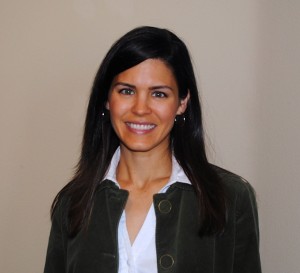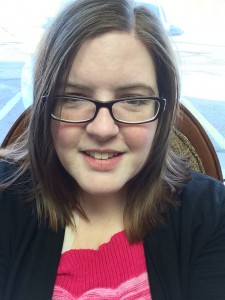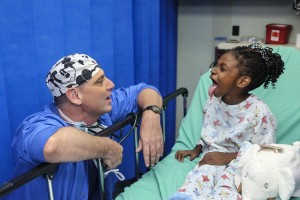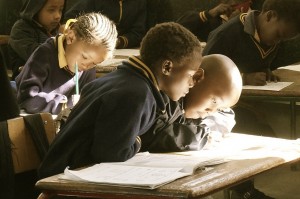Prenatal Screening for Autism
If a prenatal test existed to screen your child for autism, would you have it performed? Should sperm banks be allowed to screen embryos for an increased potential for autism? These questions explore the modern ethical dilemma of disability and eugenics, a controversy our society has grappled with for decades. This topic recently surfaced in the autism community after Ari Ne’eman, President and co-founder of the Autistic Self-Advocacy Network, wrote an article for the Guardian revealing that Britain’s largest sperm bank was screening embryos for autism. Prenatal screening for autism is problematic due to the variation of symptoms on the spectrum, and the ethical implications of eliminating a group of people from the human gene pool.
…







